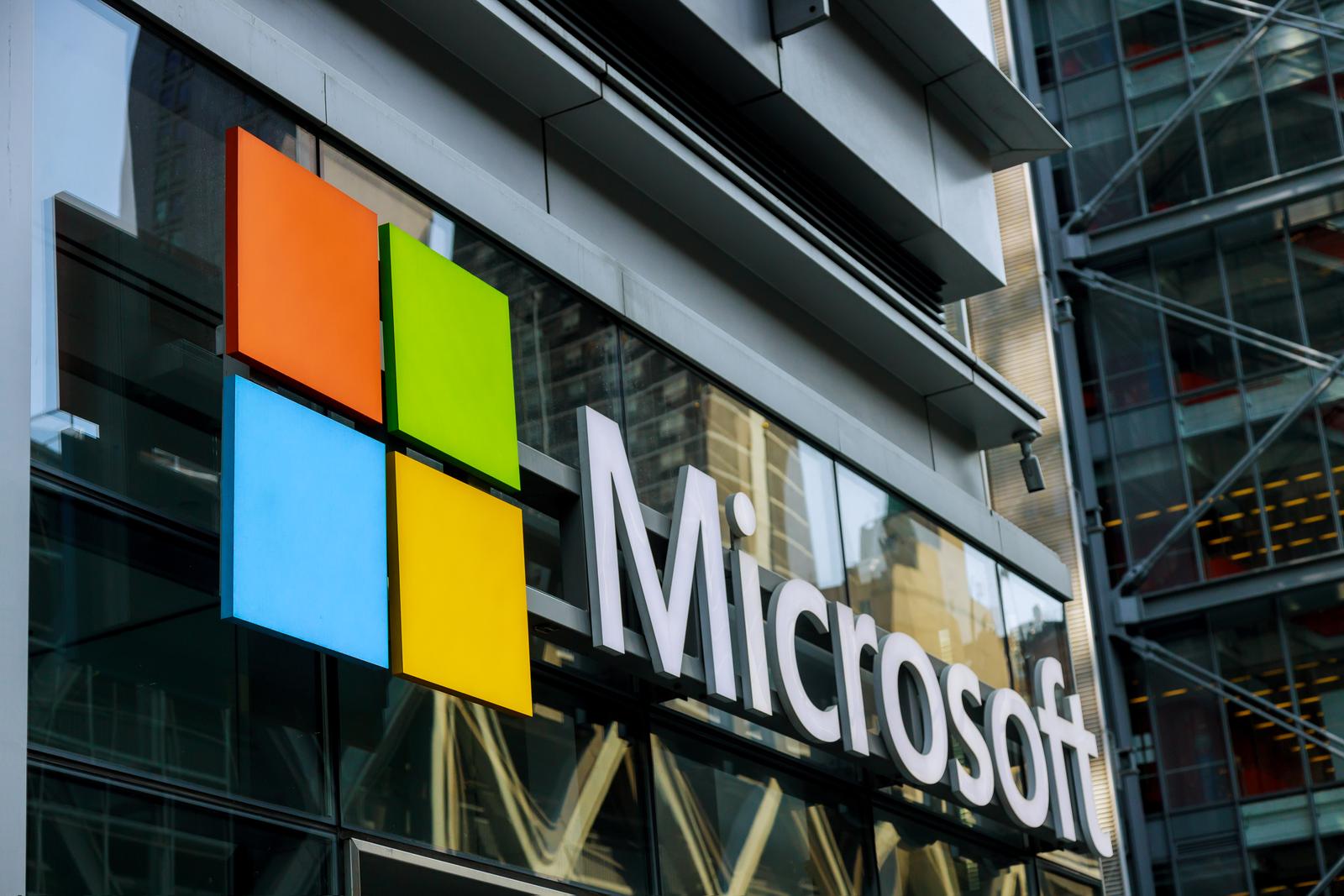Microsoft officially unveiled the next version 11 of its Windows family of operating systems on Thursday.
The company has confirmed that Windows 10 users will be able to migrate to Windows 11 without paying an additional license fee, similar to what they did in the last major updates of Windows.
The roll-out plan for the update is still being finalized, but it is expected to be available for most devices currently in use in early 2022.
However, the company also notes that if the machine does not meet the increased hardware requirements of the new OS, then upgrading will not be possible.
Hardware requirements
Processor: 1 gigahertz (GHz) or faster.
RAM: 4 gigabytes (GB) or greater.
Storage: 64 GB* or larger
Graphics card: Compatible with DirectX 12
System firmware: UEFI, Secure Boot capable.
(TPM) version 2.0.
Display: High definition (720p)
Internet connection: Internet connectivity is necessary to do updates.
Microsoft has not commented on what will happen to Windows 7 and Windows 8 users in terms of the free update. The most likely scenario is that it will allow them to migrate without buying a separate license.
At least, that's what the leaked preview of Windows 11 suggests – since Windows 8 keys are validated just fine.
In any event, those users who cannot or will not want to migrate to the new system will be able to run Windows 10 for some time to come.
Windows 11 Overview:





